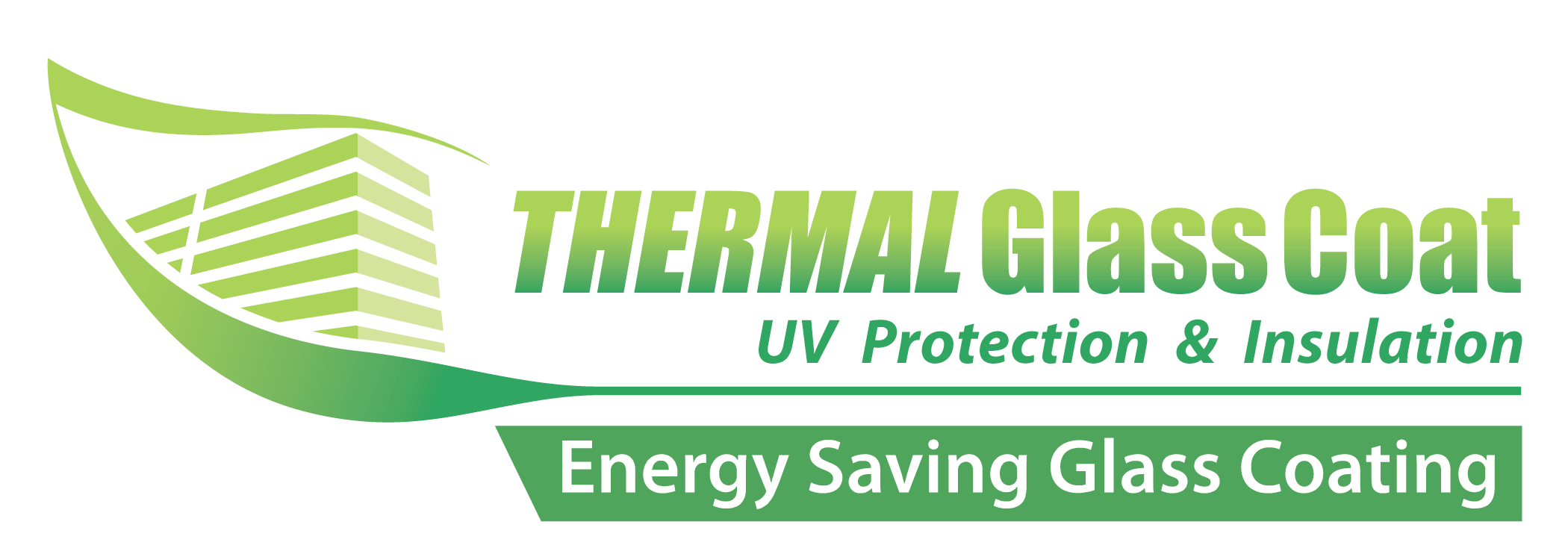
Take Control of Rising Electricity Costs with Simple Steps
As electricity rates continue to climb in many parts of the United States, American households are increasingly feeling the pinch. A recent survey indicated that nearly one-third of consumers have struggled to pay their electric bills in the past year. With this pressure on budgets, it becomes essential for homeowners to explore effective strategies to manage and lower energy costs.
Start with a Home Energy Audit
One of the best first steps homeowners can take is to undergo a home energy audit. Much like a routine check-up for your vehicle, an energy audit identifies where your home is losing energy and what might be fixed to improve efficiency. Utility companies often provide these services at little or no cost. An audit can reveal worthwhile upgrades such as enhanced insulation, LED lighting, or high-efficiency appliances that can dramatically reduce your electric bill over time.
Utilize Flexible Rate Plans
Did you know that switching your electricity plan could save you significant money? Many utility companies offer various rate plans, including time-of-use (TOU) options that charge less for electricity during off-peak hours. By simply adjusting when you run your dishwasher or do laundry, you can take advantage of these savings without sacrificing comfort.
Benefits of Demand Response Programs
Participating in demand response programs not only creates a win-win situation for you and your utility provider but also helps maintain stability in the electrical grid. By reducing your energy consumption during peak demand times, you can earn bill credits or other rewards. If you have a smart thermostat, you may already be well-equipped to participate, with some companies even providing discounts on such devices to facilitate your involvement.
Steps Toward Reduced Bills
As homeowners navigate rising electricity costs, implementing these strategies could offer financial relief. By proactively seeking audits, embracing flexible rate plans, and utilizing demand response options, individuals can take significant strides toward energy efficiency and cost savings. A simple conversation with your utility provider may uncover programs tailored specifically for you.
In an increasingly energy-conscious world, making informed choices not only benefits your household budget but contributes to a more sustainable future for all. Don’t let rising rates leave you in the dark; empower yourself with knowledge and tools to lower your electricity bills today.
 Add Row
Add Row  Add Element
Add Element 



Write A Comment